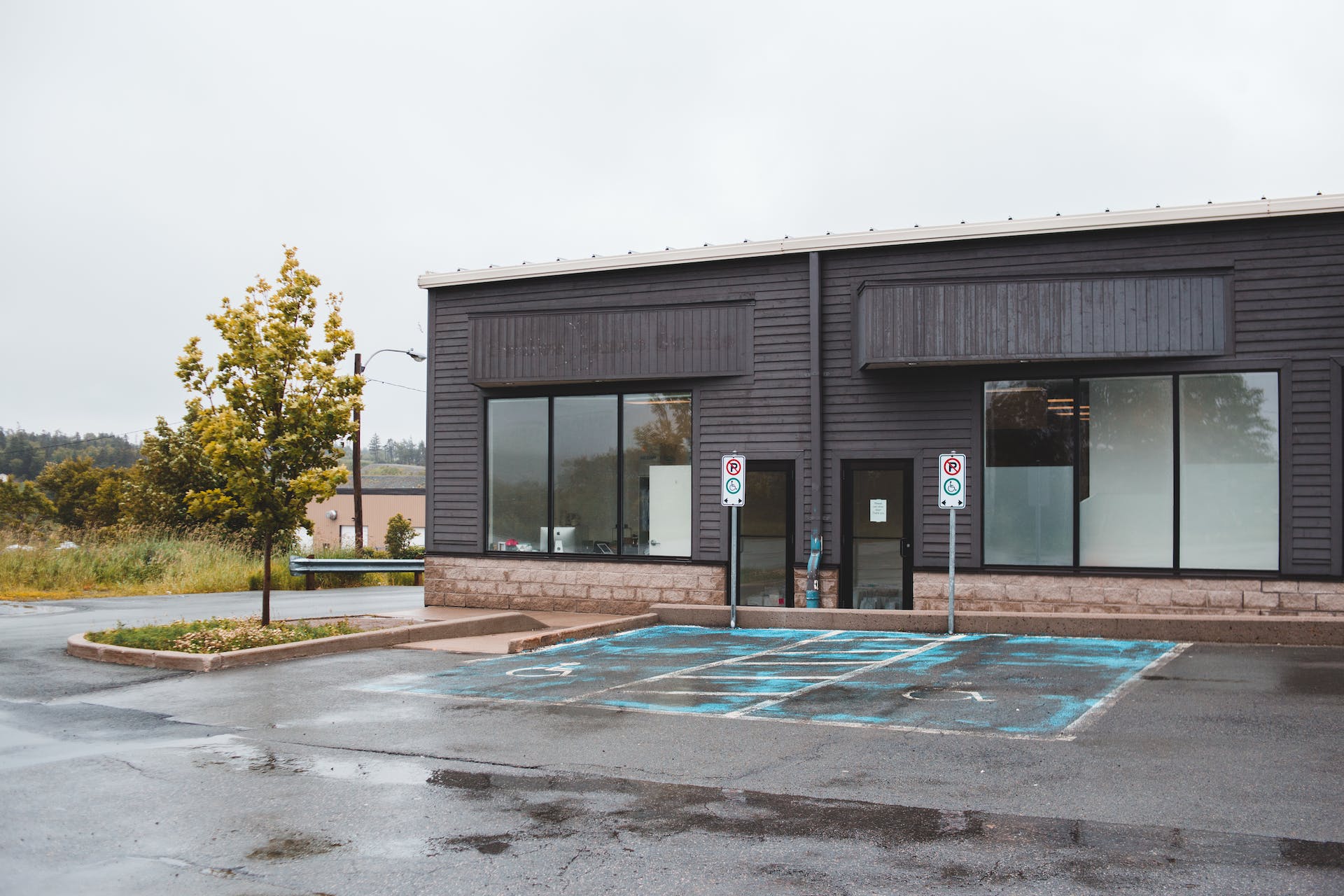A Guide To Understanding Commercial Lease Agreements Part Two: Common Pitfalls And Legal Considerations

Last time, in part one of our commercial lease agreement series, we reviewed some of the key provisions contained within the agreement that potential tenants and landlords need to be aware of and agree on before the lease is signed. Without a clear understanding of these terms and conditions, unexpected problems can arise for one or both parties during the leasing period.
Awareness of some of the most common pitfalls and potential legal disputes we have seen in our years practicing real estate law can help you in avoiding costly mistakes during your relationship as landlord and tenant. In part two of our guide to understanding commercial lease agreements, we’ll explore the key areas where people often encounter challenges and provide valuable insights to navigate these issues successfully.
Clear Understanding of Terms:
One of the most crucial aspects of signing a commercial lease agreement is to ensure a crystal clear understanding of all its terms and provisions. By far, the most common pitfall we have seen is from a tenant who had not taken the time to run through each provision of the lease, running into a costly problem and then finding that they are responsible for the associated costs thanks to a provision within the agreement.
Take the time to review and comprehend each clause carefully. For best results, we recommend seeking legal advice that can reveal any potentially damaging or unfair provisions contained within the agreement and help remove them through negotiations. Enlisting the services of a real estate law firm will ensure an equitable deal that benefits both the tenant and property owner throughout the lease term.
Compliance with Zoning and Regulations:
Before finalizing the lease, it’s imperative to verify that the intended use of the premises aligns with local zoning and regulatory requirements. California has a large number of legal requirements for both tenants and landlords, including rent control, tenants’ rights, environmental regulations, building codes and permits, and accessibility compliance.
On the tenant side, all economic activity conducted on premises must similarly be compliant with local ordinances and regulations as they apply to that industry. Consulting with local legal experts may once again behoove any potential tenants to ensure compliance with their municipality.

Lease Termination and Renewal Notices:
Complying with the notice periods for lease termination or renewal is crucial to avoid legal disputes. Tenants and landlords must be aware of the specific notice periods stated in the lease agreement for both termination and renewal. Failure to review the notice provisions could prohibit you from renewing the lease.
If the lease period is almost up and you have decided not to renew your lease, the state requires you to inform the landlord of the imminent termination either 30, 60, or 90 days before the termination date, depending on the terms stated in the initial agreement. Similarly, the landlord must promptly review and acknowledge receipt of termination notices.
If you have decided to renew your lease, tenants are typically required to adhere to the terms specified in the lease agreement. Once the term is officially up, there could be an opportunity for both parties to negotiate changes to the lease, but you lose leverage at that point.
Maintenance and Repairs:
One of the most common disputes that emerge from a commercial lease is determining which party is responsible for repairs and maintenance during the lease term. One of the best things a new tenant can do to help mitigate the chances of a future dispute is closely documenting the premises’ condition before occupancy and, as always, understanding maintenance obligations as specified by the lease agreement.
Both tenants and landlords should clearly understand their responsibilities for maintaining the property. The commercial lease agreement should clearly outline these obligations, including who is responsible for repairs and regular maintenance tasks for the roof, plumbing, electrical, air conditioning, heating, etc.
Default and Remedies:
Both parties need to be fully conscious of what constitutes a default, which generally refers to situations where one party fails to perform or breaches a material term of the agreement. Further, they should also understand what actions each party can take in the event of a default, typically referred to as the ‘remedies.’ Notice provisions must be strictly followed. Remedies can include eviction, financial penalties, or providing a cure period for the party in breach to rectify the issue.
Cure periods allow the party in breach of the lease agreement to fix the issue before more serious options like eviction are pursued. This lets the lease go on as if there were never a breach, though it may affect negotiations in future renewal agreements.
A part of the cure period may involve the introduction of financial remedies, such as late fees or compensation for breaches of the lease agreement. These remedies aim to compensate the injured party for the losses that may have been sustained during the breach and should comport with the terms set in the lease agreement, as we covered in the first part of the series.
For more serious cases of default, the non-defaulting party may have the right to terminate the lease agreement prematurely. This includes the process of eviction, which works similarly to that of a residential lease. For example, if a tenant’s default is severe enough and not resolved during the cure period, the landlord may pursue eviction through legal proceedings.
A well-designed and crystal-clear commercial lease agreement is the key to preventing any major mistakes or falling prey to these common pitfalls. For tenants and landlords alike, negotiating and crafting an agreement that works for both parties will help guarantee the success of the business relationship.
This is why it is essential to enlist the help of an expert team of real estate attorneys like Villasenor Law Offices to help you negotiate and comply with the provisions of your lease. With the right legal representation and assistance, you can be assured that you won’t be hit with unexpected and costly legal fees, hidden costs and/or damages.
Disclaimer: The content of this website or any blog is for information or educational purposes only. Nothing on this website or blog should be considered legal advice for any individual case or matter. This information is not intended to create, and receipt or viewing does not constitute, an attorney-client relationship.
